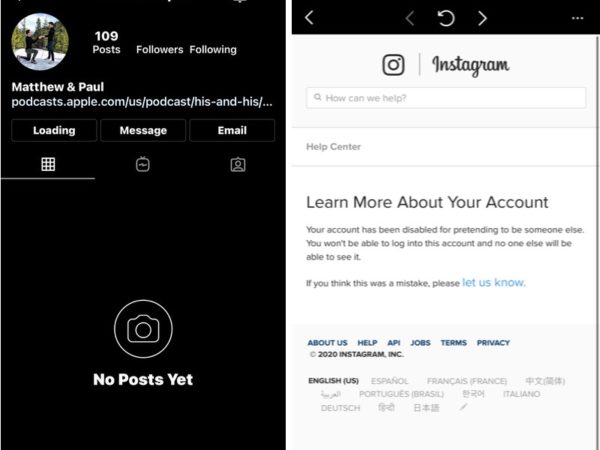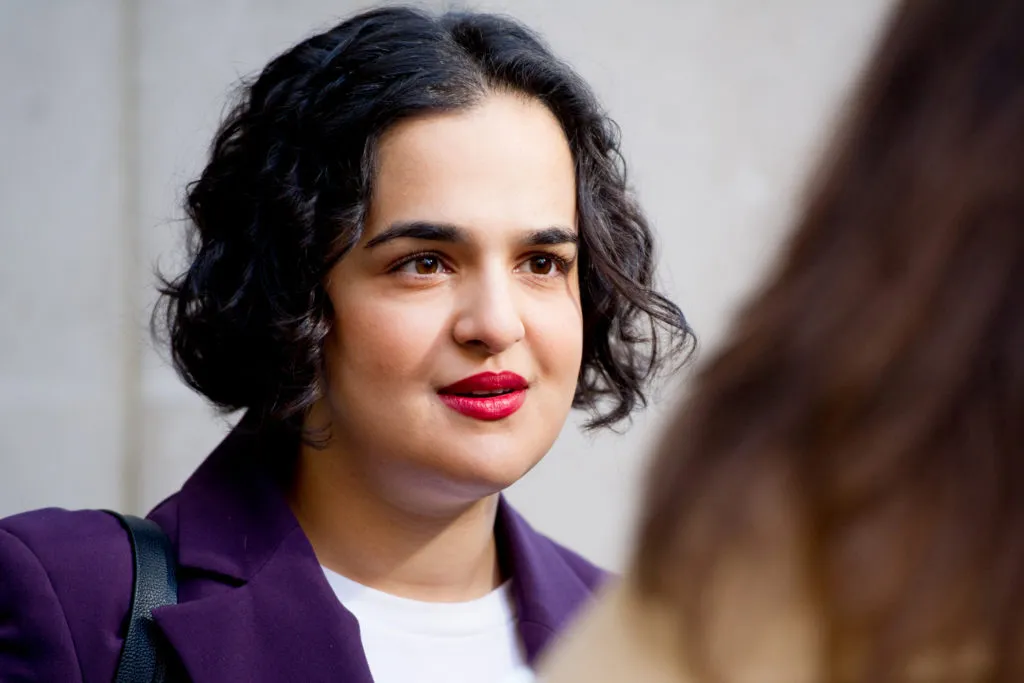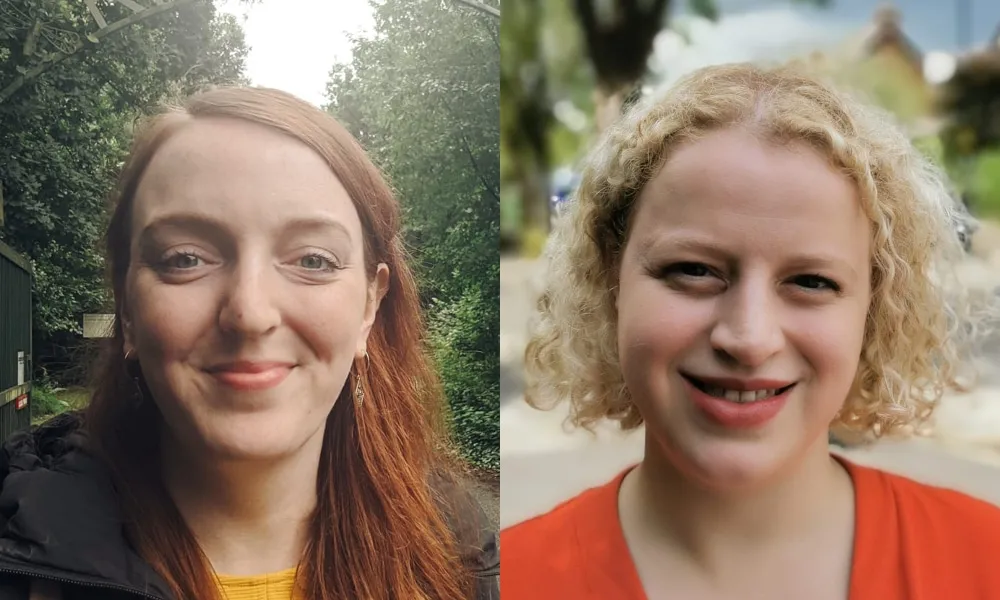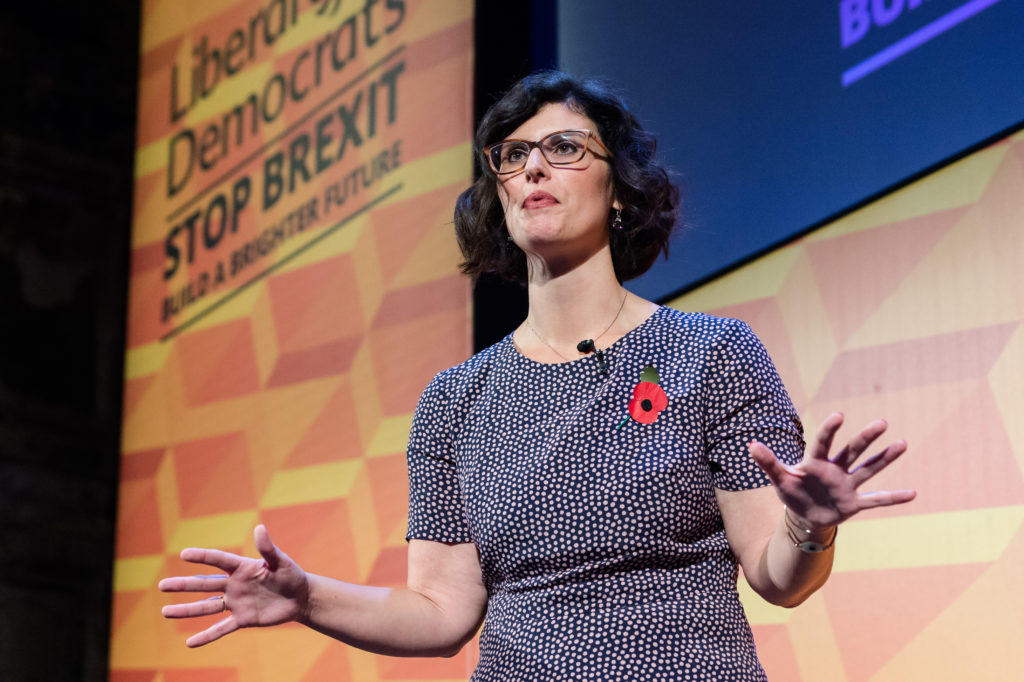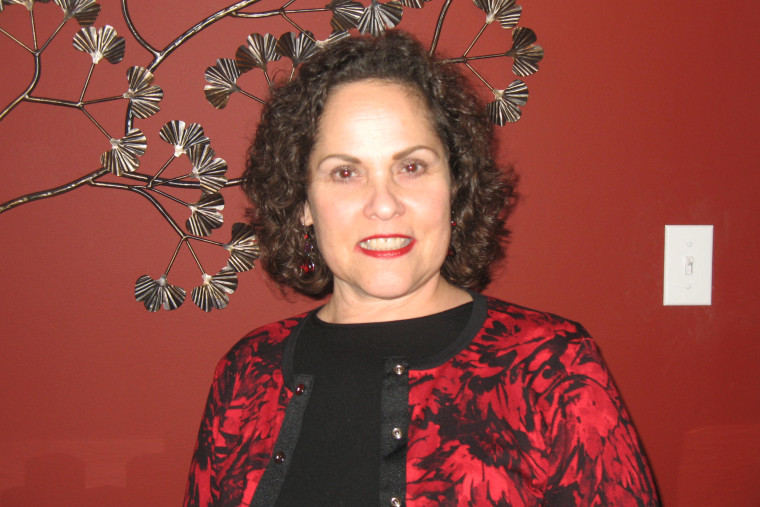What’s Happening at Marin’s Spahr Center This Month
| To join the Spahr Senior GroupMonday, 7 to 8 pm,click the purple button below the Butterfly Heart.New participants are warmly welcomed! |
| Topical Thursdays12:30 to 2 pm January 7 Nancy Flaxman Facilitates! TransitionsWhen I first began working in the LGBT senior program, I was struck by how many people I met with individually who told me that their life was in transition. In my early 40’s, I thought somehow when we reach our 70’s, 80’s, and 90’s, we arrive. I then realized that we are always changing and evolving. How is your life in transition? Check-in Mondays7 to 8 pm We catch up with each other on how we’re doing and have unstructured conversations focused on listening and deepening community. |
 |
| Jerry Schmitz can be reached at jschm117@aol.comDebbie Alcouloumre at socialcommittee@comcast.net We encourage you to consider offering a song or a poem, play a favorite piece of music or maybe a tap dance, comedy routine or drag number. Jerry, our impresario, is incredibly skilled and patient in recording our acts on zoom well ahead of the show, making sure we performers are satisfied with the result. He will then strings them together to be shown in late February. |
| The Social Committee has been consistently offering fun events to offset the boredom of the pandemic. They want to celebrate your birthday if you’ll let them know when it is. They offer a women’s coffee plus a number of times to gather on zoom over games and conversation. In January, they are offering Farkle Fridays with Elizabeth, a Games Day, a Women’s Coffee, and a Birthday Celebration of everyone born in January on zoom, 1/12. Let them know your birthday date to be included! If you love movies, you’ll be sure to want to participate in their Special Event of the month at 3pm on January 19! To see their January flyer, click here. (note: the flyer date for the birthday celebration isn’t correct…)To sign up for their emails, click here. |
| Resiliency in the Time of CoronavirusHere’s a great article in a recent Marin IJ that provides us with strategies to cope with our current circumstances, developing creative ways to engage with our lives and each other as we move into winter here. |
| Tis the season of hope and connectedness. Tis also, unfortunately, tis the season of scams – especially those aimed at us seniors. AARP has good advice for ways we can protect ourselves here. |
| The Spahr Center has a number of tablets, i.e., small mobile computers, available to give to seniors for free!We’re also seeking ways to help teach seniors how to use them. If you would like to receive a tablet, please let Bill know: 415/450-5339 or bblackburn@thespahrcenter.org. The tablet would enable you to join our senior groups on zoom with video as well as access other parts of the internet. Please Note: We’re hoping to have the tablets individuals have requested begin to be available next week. |
| Also in this email (below):Spahr has skilled therapists ready to work with seniors on a sliding-scale basis.Rental Assistance available.Nutrition ResourcesBisexual Support zoom group forming through The Spahr Center. |
| Building Community in the Midst of Sheltering-in-PlaceSee old friends and make new ones! Join us!The Spahr Center’s LGBT Senior Discussion Groupscontinue everyMonday, 7 to 8 pm& Thursday, 12:30 to 2 pm on zoom |
 |
| To Join Group by Video using Computer, Smart Phone or TabletJust click this button at the start time, 6:55 pm Mondays / 12:25 pm Thursdays:Join GroupAlways the same link! Try it, it’s easy! |
| To Join Group by Phone CallIf you don’t have internet connections or prefer joining by phone,call the following number at the start time,6:55 pm Mondays / 12:25 pm Thursdays:1-669-900-6833The Meeting id is 820 7368 6606#(no participant id required)The password, if requested, is 135296# If you want to be called into the group by phone, notify Bill Blackburn at 415/450-5339 |
| Spahr’s skilled therapists are available to work with seniors on a sliding-scale basis. Write toinfo@thespahrcenter.org. A Bisexual Support Group is forming with The Spahr Center, facilitated by a therapist. Let Bill Blackburn know if you are interested. Whistlestop, recently renamed Vivalon, provides access to resources including rides for older adults. Please note: there is a 3-week registration process for the ride program so register now if you think you may need rides in the future. They also offer free classes on zoom including zumba, yoga, chair exercises, & ukulele! Click here. Adult and Aging Service’s Information and Assistance Line, providing information and referrals to the full range of services available to older adults, adults with disabilities and their family caregivers, has a new phone number and email address: 415/473-INFO (4636) 8:30 am to 4:30 pm weekdays473INFO@marincounty.org |
| The Spahr Center is opening its Food Pantry to seniors who need support in meeting their nutrition needs. We want to help! Items such as fresh meats, eggs and dairy, prepared meals, pasta, sauces, and canned goods are delivered weekly to people who sign up. Contact The Spahr Center for more information: info@thespahrcenter.org or 415/457.2487 |
| Trouble paying rent? Check out these short videos from Marin County:1. Marin County Eviction Ban2. If you can’t pay your rent3. Paying the rent that you owe4.Help is available Marin Center for Independent Living is offering various kinds of support to people with disabilities as well as older adults to prepare them for possible Public Safety Power Shutoff (PSPS).Click here: MarinCIL Has your employment or business been impacted by COVID-19? Check out these local resources…click here: WorkForce Alliance Snap Back Assistance, up to $800 for COVID-19 affected workers:Call: 415/473-3300 Free Covid-19 Testing Questions? Assistance? We have resources and volunteers for:grocery deliveryfood assistancehelp with technology issues such as using zoomproviding weekly comfort calls to check in on youtherapy with Spahr therapists on a sliding scale basisplus more! Bill Blackburn, Senior Program Coordinatorbblackburn@thespahrcenter.org415/450-5339 |

